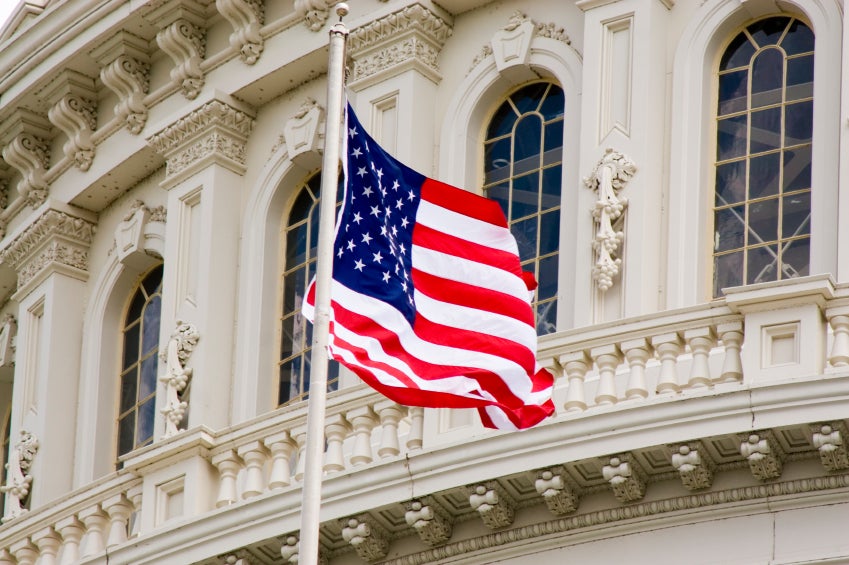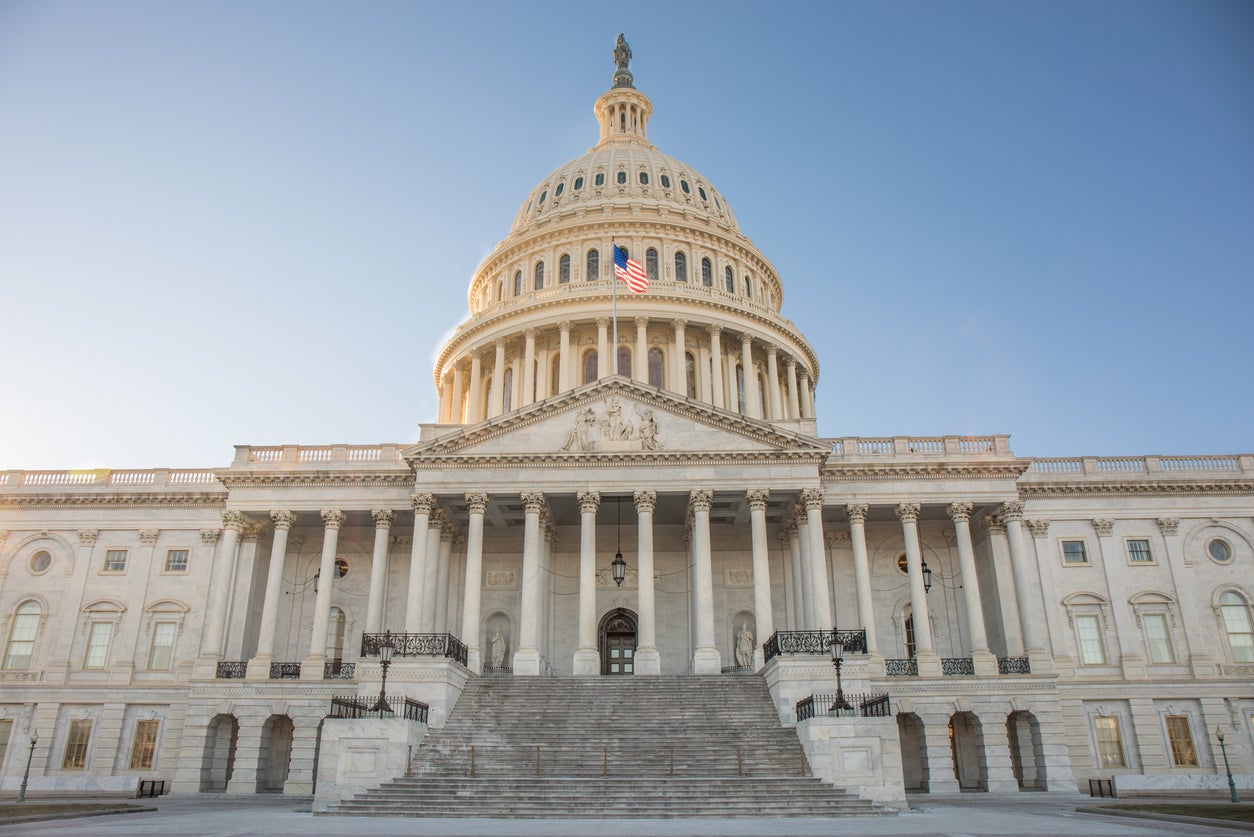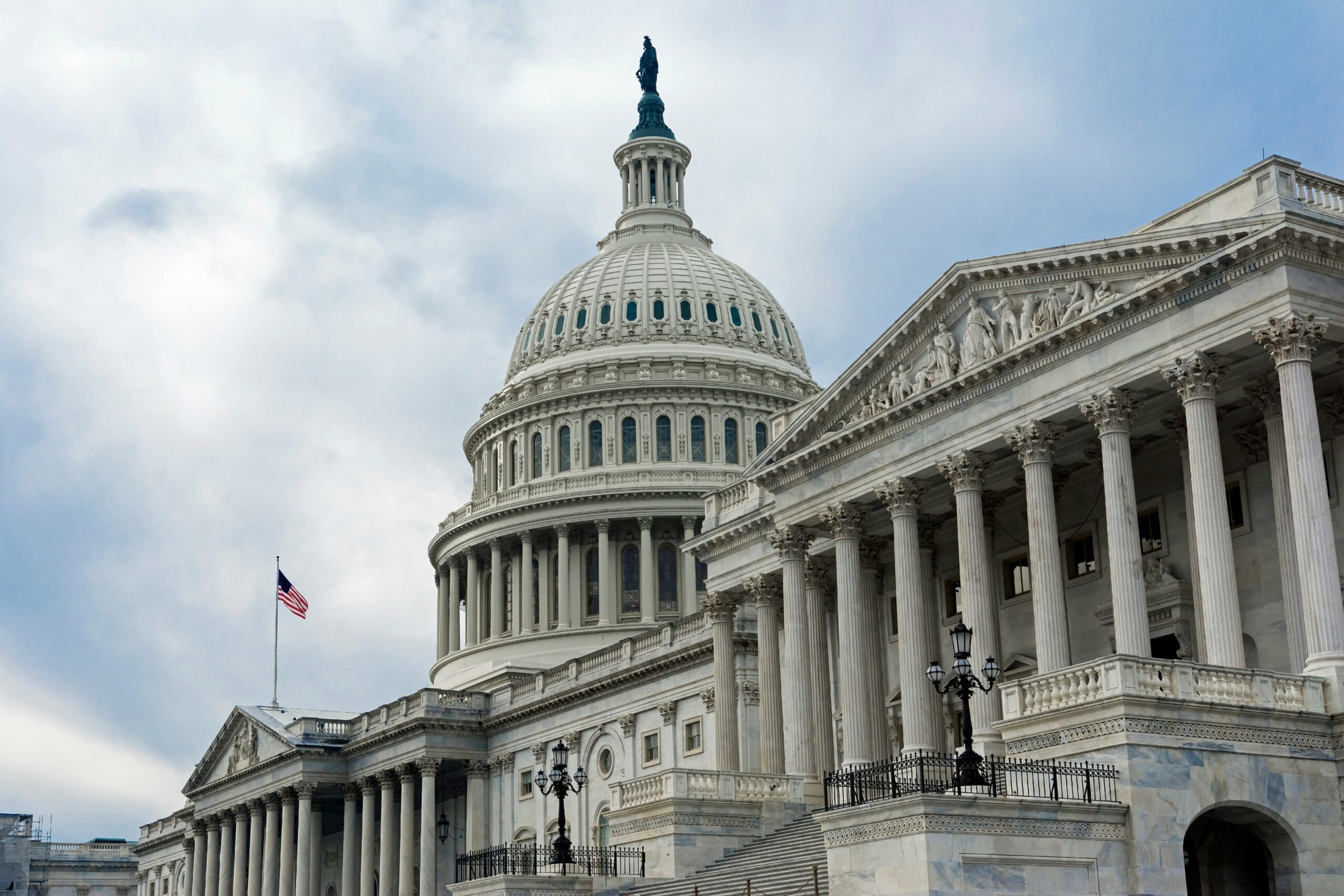CBA Comments to House Leadership on HEROES Act

The Honorable Nancy Pelosi The Honorable Kevin McCarthy
Speaker of the House House Minority Leader
H-232 U.S. Capitol H-204 U.S. Capitol
Washington, D.C. 20515 Washington, D.C. 20515
Dear Speaker Pelosi and Leader McCarthy:
Thank you for your continued leadership as our nation rises to meet the challenges posed by the COVID-19 crisis and for your efforts to support our economy during this time. Congress’ quick work to pass the CARES Act establishing the Paycheck Protection Program (PPP), where large banks provided 69% of PPP loans in the second round of funding, has enabled our banks to extend unprecedented levels of support to millions of customers and small businesses facing hardship.
CBA is the voice of the retail banking industry whose members operate in all 50 states, serve more than 150 million Americans, and collectively hold two-thirds of the country’s total depository assets. CBA members are also the private sector lenders that make the majority of private education loans to help families finance a postsecondary education. At this time of extreme uncertainty, our banks remain in strong financial condition and are stepping up to serve the needs of consumers and small businesses.
As Congress considers H.R. 6800, the Health and Economic Recovery Omnibus Emergency Solutions (HEROES) Act, CBA offers the following comments on various sections of the bill that affect our members. The HEROES Act includes needed changes to the Paycheck Protection Program to ensure more borrowers can access the program, however, other provisions would impair lenders’ ability to provide access to credit and jeopardize overall financial stability for financial institutions already working to help customers or small business in need. Furthermore, language in the bill requiring income-derived payment plans for private education loans would force banks to enact a policy that has already been expressly prohibited by prudential regulators as a danger to safety and soundness principles in place to protect depositors. We respectfully urge you to reconsider these harmful provisions before advancing this legislation. Thank you for your consideration of our views.
Sec. 20111. Additional Recovery Rebates to Individuals
CBA commends your bipartisan efforts to provide much needed emergency funds to individuals and families and we support this second round of recovery rebates. Under the CARES Act, Congress exempted stimulus payments from offset for debts owed to federal and state agencies, except in the case of child support, but did not address court-ordered garnishments to pay creditors. While financial institutions believe that the payments should be exempt from garnishment court orders, banks are obligated to comply with garnishment orders unless lifted by a court. The lack of clear, self-executing protection for the stimulus payments imposes a significant burden for some families facing unprecedented circumstances. We believe it is imperative that Congress make it clear that stimulus payments are treated as benefits subject to the federal exemption from garnishment.
Sec. 90001. Amendments to the Paycheck Protection Program
Extension of PPP. CBA supports ensuring that necessary programs are in place to provide economic relief for small businesses during these difficult times. As negative economic effects continue to stress small businesses, and longevity of the pandemic is uncertain, it is prudent to authorize the PPP past the original program end date of June 30, 2020.
Expansion of Eligibility. CBA supports expanding the eligibility of the PPP to additional entities to allow more small businesses in need receive the necessary relief to sustain through the pandemic. Although there are small businesses submitting new applications daily, there is a significant amount of funds remaining that may be used to further aid many small businesses not currently eligible for PPP.
Clarity on Loan Terms. CBA appreciates the clarity provided in this provision as it relates to the fee waiver, credit elsewhere requirement, waiver of personal guarantee, and loan deferral. Ensuring that loan terms apply for the entire life of the loan grants both borrowers and lenders more certainty on how PPP loans are to be treated.
Our members have concerns with adjusting the loan maturity for all PPP loans to a minimum of five years, compared to the two years established by the SBA. An alternative approach, which both allows borrowers more flexibility without changing the terms of millions of loans, would be to allow small businesses that need more repayment flexibility to request a term extension for three additional years (to total a five year term) as needed.
Designated Funds. CBA remains concerned with any setting aside of PPP funds for specific lenders. A small business should not be denied access to funding, nor denied fair process to funds because of the bank they choose. If PPP funds are available to meet demand, all lenders regardless of size, should be allowed access to help small businesses in need.
Technical Assistance for Community Financial Institutions. CBA is concerned with the necessity of providing grants to certain lenders for technical assistance to participate in the soon to be terminated program. Each lender participating in the PPP has devoted significant resources to developing and implementing the necessary systems to process millions of PPP in an extraordinarily narrow timeframe. Instead of grants, Congress could see that fees are available in advance for lenders with a demonstrable need.
Sec. 90002. Commitments for Paycheck Protection Program
CBA supports bifurcating funding for the PPP and SBA’s flagship 7(a) loan program, both of which are essential to small businesses that do not qualify for conventional credit. Reverting the 7(a) program to its original FY2020 authorization levels makes certain it will remain available to small businesses and eliminates the risk of a 7(a) program shutdown due to exhausted PPP funding.
Sec. 90004. Amendments to Paycheck Protection Program Loan Forgiveness
Extension of Covered Period
CBA supports providing more flexibility in the timing which the proceeds may be used. The PPP’s goal is to ensure small business employees continue to gain income during this challenging time. Our members believe it is paramount to maximize the eligible amount of forgiveness for PPP recipients.
With consideration to the 8-week period in which PPP funds are to be used, we recommend either lengthening the period or allowing the 8-week period to be applied at the discretion of the borrower.
In many cases, before a small business was able to receive funds from a PPP loan, employees were already furloughed and receiving unemployment assistance. Additionally, many small businesses applied for PPP funding with the intent of using the funds to help support their operations and employees, but due to developing circumstances surrounding COVID-19 it is unclear how long the crisis will continue. The pandemic has affected each small business and industry differently. Although some were able to immediately find relief through the PPP, others have faced complications that severely diminished their ability to fully utilize the funds. To ensure small businesses are truly able to use PPP proceeds to help them survive during these troubled times, there needs to be more flexibility on the timeframe in which a PPP loan may be used.
Flexibility on Use of Funds. The threshold preventing forgiveness for loan recipients using more than 25% of PPP funds on non-payroll costs is problematic. For certain industries rent, mortgage, and utility payments are a larger portion of a business’s fixed monthly expenses and many small businesses may not be able to meet the required ratio because employees choose not to remain employed. CBA does have concerns with eliminating the focus on maintaining payrolls, but is grateful for your efforts to provide more flexibility for small businesses to receive support and maximize their access to loan forgiveness.
Clarity on Lender Hold Harmless. CBA supports language clarifying the “Hold Harmless” provision originally in the CARES Act. An interim final rule[1] issued by SBA indicated that small businesses are solely responsible for certifying their loan forgiveness amount, and a lender may rely on a borrower’s certification without the need for verification. Similarly, as prescribed in the “Hold Harmless” provision in Section 1102 of the CARES Act, the law allows lenders to depend on borrower attestations. Any adjustments to the hold harmless language must remain consistent. If lenders are required to review and verify borrowers’ forgiveness amounts, the process will be exponentially complicated due to sheer volume of loans and information already gathered.
Sec. 90008, Sec. 90010, Sec. 90011, Sec. 90012, Sec. 90013. Relating to 7(a) and 504 Programs
CBA commends this thoughtful approach to providing the SBA and its lending partners more resources outside of the PPP to provide relief for small businesses and ensure their economic well-being throughout this pandemic.
These sections enhance SBA’s partner lenders’ ability to meet the needs of small businesses without conventional loan options and allow them to do so more efficiently and effectively. CBA supports provisions that:
- Extend the deferral period for 7(a) loans;
- Temporarily reduce or eliminate fees associated with 7(a) and 504 loans;
- Temporarily increase guarantee amounts on 7(a) and 504 loans; and
- Increase the maximum loan amount for 7(a) and 504 loans.
Sec. 90016. Reporting on Small Business Programs under the CARES Act
CBA supports and welcomes SBA regular reporting that, at a minimum, includes number of approved loans, total dollars approved, and number of lenders participating. PPP data should be made publicly available in a manner similar to that provided for other SBA loan programs.
Title IV—Suspending Negative Credit Reporting and Strengthening Consumer and Investor Protections
Sec. 110401. Reporting of Information during Major Disasters
CBA member banks remain concerned with any effort to suppress or prohibit accurate consumer credit reporting standards because of the harm it will cause consumers when lenders are not able to adequately price risk and will therefore have to limit credit offers. Existing procedures in place since before the crisis began have ensured that consumer credit reports are not being negatively impacted by COVID-19 related financial disruptions beyond their control. Consumers that are working with their lenders to adjust repayment terms or other changes being made are coded precisely to avoid the negative consequences created by gaps in reporting. These procedures are designed to protect both consumers and credit access. The disruptions contemplated in these sections would harm consumers ability to receive credit.
Sec. 110402. Restrictions on Collections of Consumer Debt During a National Disaster or Emergency; Sec. 110403. Repayment Period and Forbearance for Consumers; Sec. 110404. Credit Facility
Throughout the COVID-19 crisis, banks have provided relief options to affected customers across the country. Fee waivers, forbearance programs, and loan modifications are common for those customers experiencing hardship. CBA is concerned legislation forcing banks to provide their entire customer base relief from payments, even those who are fully employed, could have an adverse effect on a bank’s ability to aid consumers and the communities they serve. Requiring banks to provide relief options to customers not financially impacted by the crisis will place undue hardship on financial institutions and exhaust relief options that are already in place for customers most in need. As this pandemic continues, banks will need to be prudent managers of bank resources by retaining the ability to tailor relief to those customers in need of assistance.
Title V—Forgiving Student Loan Debt and Protecting Student Borrowers
Sec. 110501. Payments for Private Education Loan Borrowers as a Result of the COVID-19 National Emergency; Sec. 110502. Additional Protections for Private Student Loan Borrowers
Banks are working with prudential regulators, the Consumer Financial Protection Bureau, as well as state regulatory agencies, on allowable steps that can be taken to help borrowers now. Any borrower currently in repayment that asks for help during this crisis is getting it. Since this crisis began our member banks have extended options tailored to individual needs to make sure they get through this period of tremendous uncertainty and turmoil without damaging their credit or financial goals. Our members are offering special terms, including allowing expanded forbearance (pausing payments) and other options that meet the needs of borrowers and co-signers. We are also allowing borrowers more time to make decisions about whether to borrow and how much, realizing that families need to evaluate changing economic and individual family conditions.
Section 110501 requires the Secretary of the Treasury make monthly payments for private education loan borrowers totaling up to $10,000 until September 30, 2021. This step would require extensive, complex coordination and across-the-board servicing system changes at a time when financial institutions, like other parts of the economy, are coping with workplace challenges.
Under Section 110502 all private student loan borrowers will receive $10,000 , less payments previously made on their behalf, in fall 2021. A lump sum payment made more than a year from now will have little impact on the current crisis. Moreover, this minimum amount provision is untargeted since it would be made after the emergency period and without regard to whether the borrower is experiencing any repayment difficulty.
Section 110502 includes an unworkable provision that would require private lenders to change all their contracts with borrowers to include the Revised Pay As You Earn option that the federal government offers some federal loan borrowers. This proposal would require private lenders to offer the same income derived repayment (IDR) plans, including forgiveness after 20 years of payments for undergraduates or 25 years for loans for graduate studies, as are offered by the Department of Education. While an IDR/loan forgiveness program may be an appropriate safety net for federal loans offered without any meaningful upfront consumer protections, it is not suited to private loans made with the most critical upfront consumer protections for loans of this size: ability to repay analysis. It is also expressly prohibited under safe and sound banking regulations.
We strongly oppose applying repayment policies that may address over-lending of federal loans but not responsibly underwritten private loans whose consumers are successfully meeting their loan obligations. Private lenders, working closely with their prudential regulators, have developed well-targeted repayment relief options that effectively assist customers experiencing repayment difficulty. Private lenders provide short- and long-term forbearances, as well as loan modifications that lead to affordable loan payments. These solutions appropriately balance consumer protection and safety/soundness principles and enable borrowers’ success.
There are also technical issues that are impossible to overcome. For example, the government requires borrowers to submit their federal income tax information (now actually provided directly to the Education Department by the Internal Revenue Service) annually in order for the government to determine eligibility for IDR and set the size of monthly payments for the year. Such information cannot be provided to private lenders without upending existing consumer privacy protections.
Title VI – Standing Up for Small Businesses, Minority-Owned Businesses, and Non-Profits
Sec. 110601. Restrictions on Collections of Debt During a National Disaster or Emergency; Sec. 110602. Repayment period and forbearance for small businesses and nonprofit organizations. Sec. 110603. Credit facility.
CBA has the same strong concerns for the small business debt collection provisions covered under Sections 110601, 110602 and 110603 as those expressed above in this letter for the consumer debt collections proposed in Sections 110401, 110402, and 110403.
Thank you again for your decisive actions and leadership during this time. We remain eager to work with Congress to pass legislation that will help consumers and businesses in these uncertain economic times.
Sincerely,
Richard Hunt
President and CEO
Cc: Members of the U.S. House of Representatives
[1] Business Loan Program Temporary Changes; Paycheck Protection Program, 85 Fed. Reg. 73 (April 15, 2020)



